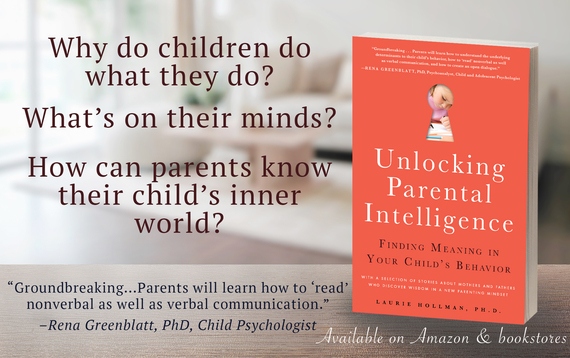Ages 10-12 bring lots of changes. As bodies mature, so do minds. Friendships shift and school work accelerates. How do parents help their kids through this middle passage of growing up?
Understanding Your Child's Mind
An essential step in Parental Intelligence is understanding what is going on in your tween's mind. When they can't articulate what they are going through in words, you need to get accustomed to reading facial expressions, body language, mood shifts, and unexpected actions. This is a difficult task, but very rewarding. Children begin to know you are on their side and trust you, so you can help them with their worries which feel huge.
Tips About Opening Communication
If easy going conversation hasn't gone on in the earlier years and sometimes even if it has, some children grow distant because they don't have the words to explain what they are experiencing during this developmental stage. They hole up in their rooms and say, "Whatever" when you sense they need to talk.
Others are glad to open up whether they have in the past or not because they have internalized a feeling of confidence in you and believe how much you care. But even so, opening up means knowing how to articulate very confusing feelings -- not such an easy thing to do for child and parent.
Three Suggestions and Warnings:
1. Tweens easily feel self-critical.
When you notice your short-tempered child retreats or even recoils when you mention their mood, speak softly. If you comment sympathetically that your child seems irritable and you want to help, even the kindest, gentlest approach may be interpreted as criticism because they are feeling critical of themselves.
If they feel self-critical, they imagine their parents think of them that way, too.
Just say, "Hey" and ask if they need anything. Even when they say, "Nah," they heard this welcoming gesture, perhaps the first they heard all day.
If even one single thing didn't go the way they expected during the day, it can feel like everything is plain awful.
2. "How's your day?" may feel like a personal injury.
If something went awry with a friendship or a lower than expected grade, "How was your day?" doesn't feel like "I love you and want to know how you are." It sounds like what they are feeling: "What did I do wrong now?"
Instead, offer a snack and a quick hello. No questions. No answers. Just a friendly gesture.
3. It's easy to inquire, "How did the talk go in health class?" referring to the day they split the boys and girls in separate rooms to talk about expected bodily changes.
Better to let them bring it up if they want to. You can have your own talk with your tween some other time when feelings aren't so high after sitting embarrassed in a room full of peers. They definitely need information, but timing is everything.
Changes Kids Are Facing
•Tween years are anything but uniform.
•Some kids grow early and some late.
•Some are tall, some are short.
•Some boys voices are low and others are squeaking by.
•Some girls' bodies look like they're seventeen, others like their eight. Fitting in is close to impossible under those circumstances.
Two common don'ts:
•Don't insist on clean rooms. Their minds are disorganized, thus so may be their rooms. You can offer to straighten things out, but accept a "No, go away!" gracefully. Messiness isn't the end of the world.
•Don't insist on rushing in the morning. Fixing hair and clothes 'just right' is a major tween occupation. Appearance is about self-esteem.
Parental Intelligence is about understanding your sensitive tween's mind, so listen attentively. Patience and calm with yourself and with your tween is the best advice.
This post was first viewed on 99check.

Laurie Hollman, Ph.D. is a psychoanalyst and author of Unlocking Parental Intelligence: Finding Meaning in Your Child's Behavior found on Amazon, Barnes & Noble, Familius and wherever books are sold.